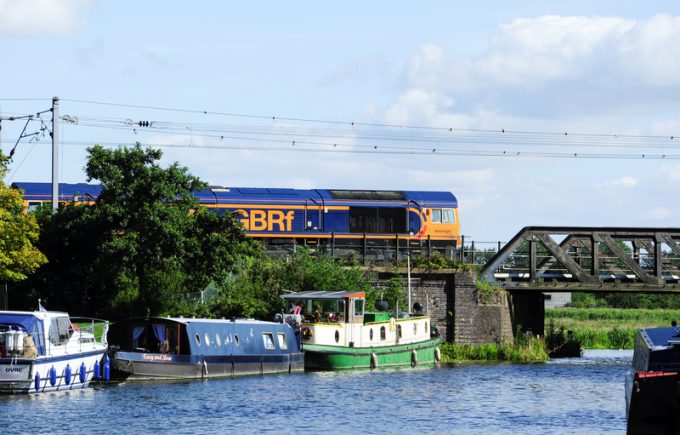GXO Wincanton deal could see supermarkets funded to invest in new 3PL
UK supermarkets could be given funding to invest in a 3PL as part of the ...

The UK government has pledged to overhaul the country’s failing rail networks, with rail freight offered the “opportunity of a lifetime” to accelerate growth.
The long-delayed William-Shapps Plan for Rail white paper calls for a new organisation, Great British Railways to plan and run the network, with a statutory duty to promote freight and get cargo off the road onto the tracks.
The report notes: “Freight use of railways has recovered quickly [since the start of the pandemic] and seems likely to ...
Asia-USEC shippers to lose 42% capacity in a surge of blanked sailings
USTR fees will lead to 'complete destabilisation' of container shipping alliances
Outlook for container shipping 'more uncertain now than at the onset of Covid'
New USTR port fees threaten shipping and global supply chains, says Cosco
Transpac container service closures mount
DHL Express suspends non-de minimis B2C parcels to US consumers
Zim ordered to pay Samsung $3.7m for 'wrongful' D&D charges
Flexport lawsuit an 'undifferentiated mass of gibberish', claims Freightmate
Cancelled voyages take the sting out of spot rate declines this week
Uncertainty over US tariffs sparks interest in bonded warehouses for imports
Shippers warned: don't under-value US exports to avoid tariffs – 'CBP will catch you'
Blanked sailings in response to falling demand 'just a stop-gap solution'


Comment on this article